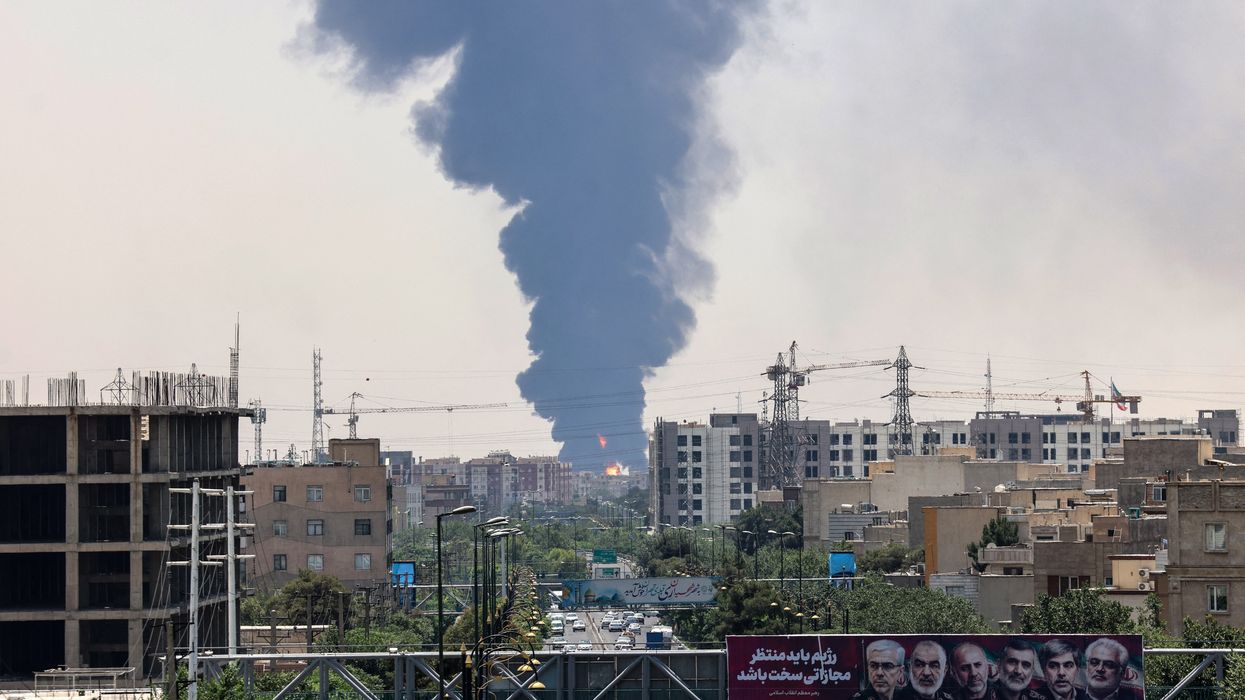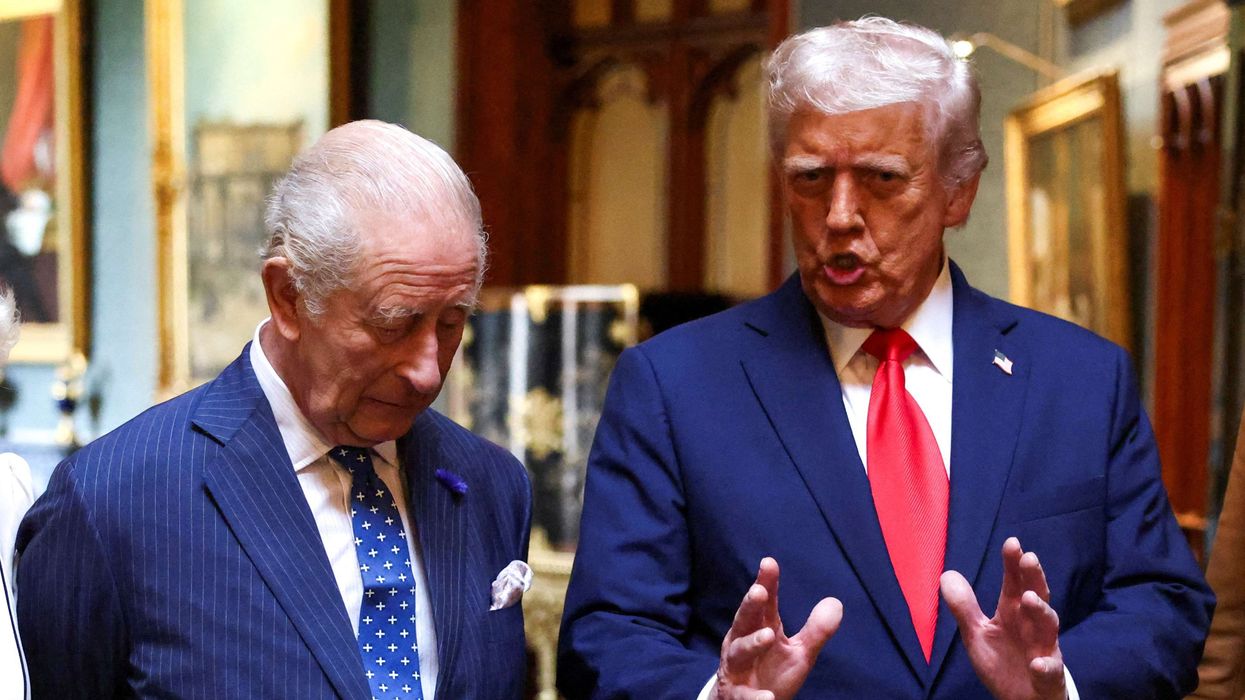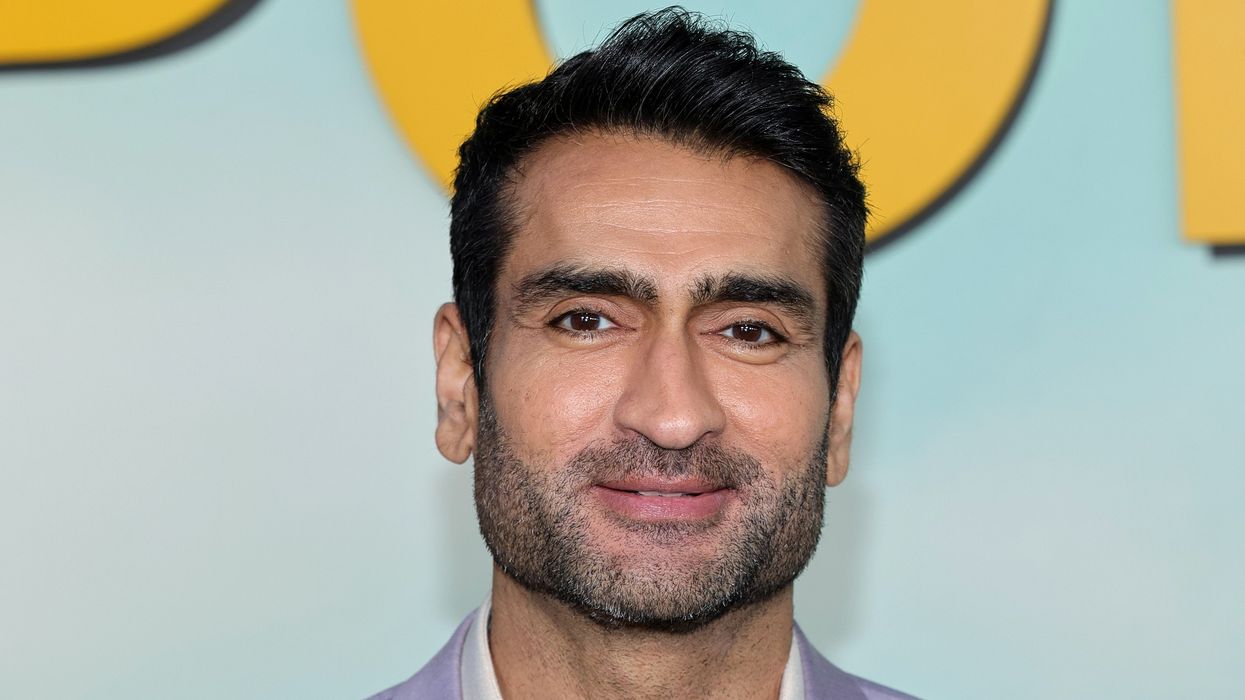THERE is one question to which none of us has the answer: if the ayatollahs are toppled, who will take over in Teheran?
I am surprised that Iran’s supreme leader, Ayatollah Ali Hosseini Khamenei, has lasted as long as he has. He is 86, and would achieve immortality as a “martyr” in the eyes of regime supporters if the Israeli prime minister, Benjamin Netanyahu, succeeded in assassinating him. This was apparently Netanyahu’s plan, though he was apparently dissuaded by US president Donald Trump from going ahead with the killing.
One thing I do know about the regime in Teheran is that it is deeply pragmatic when it comes to its own survival. Right now, it faces the greatest threat to its existence since the Islamic Republic was founded in 1979, after the Shah fled the country.
There was a point in my life when I was spending so much time in Teheran – as the Daily Telegraph’s Iran correspondent – that my hotel suggested I leave my tin trunk behind rather than keep hauling it back and forth between Teheran and London. I suspect it is still somewhere in the basement of the Intercontinental Hotel. I am referring to 1979, when I first arrived in the city as a young reporter on my first major foreign assignment. What was meant to be a three-month stay turned into nearly two years, after militant students captured the American embassy and kept the hostage crisis going for 444 days. I also reported on the long and bloody war between Iran and Iraq, in which a million people died.
My contacts book tells the story of contemporary Iran – and tragically, almost everyone listed in it met a violent death. For example, foreign minister Sadegh Ghotbzadeh was executed by the regime for allegedly plotting a coup against Ayatollah Ruhollah Khomeini, the revolution’s spiritual leader. Ayatollah Mohammad Beheshti, the second most powerful figure after Khomeini, was blown up in a bombing that destroyed the Islamic Republican Party’s headquarters in Teheran. (When I once asked Beheshti for help in extending my visa by a week, he picked up the phone – and I ended up staying for another year.) I know all too well the parts of Teheran now being bombed by Israel.
Although most of my reporting was from the capital, I did travel outside Teheran, particularly to the holy city of Qom. This was where Khomeini was based in the early days until for health reasons he was moved in April 1980 to Jamaran, a village in the foothills of the Alborz mountains north of Teheran, near the Niavaran Palace – the former residence of the Shah. Khomeini issued his fatwa against Salman Rushdie over The Satanic Verses on February 14, 1989, and died on June 3 that same year, aged 86. Since then, Khamenei has ruled. Given the Shia reverence for martyrdom, his death could only enhance his symbolic power – and there is no guarantee it would bring down the regime. My guess is that the ayatollahs are in a dilemma. They know that while they can inflict civilian casualties, they cannot win a war against Israel. As ever, they will be searching for a face-saving way to end the nightly hostilities. The Israeli prime minister, who has likely been planning a strike on Iran’s nuclear sites for years, may not be ready to stop now.
When I first went to Iran, the population was 37 million. Today, it stands at 90 million. Undoubtedly, there are Iranians who would welcome the overthrow of the ayatollahs. But equally, most of the population have known nothing but life under an Islamic regime. The Revolutionary Guard Corps is largely drawn from the younger generation. Iranian scientists almost certainly possess the fundamental knowledge needed to build an atomic bomb. Their facilities may have been destroyed, but their collective expertise cannot be erased. Iran could also withstand the loss of a million lives in a prolonged conflict with Israel.
Israel, to be sure, has a powerful military backed by the United States. But its population is just 10 million, compared to Iran’s, which is approaching 100 million.
The Islamic Republic is built to take advantage of chaos. If I had to make a guess – based on years of reporting on the ayatollahs and watching the regime adapt – it is that politics in Iran is going to move from a state of chaos to even greater chaos.




